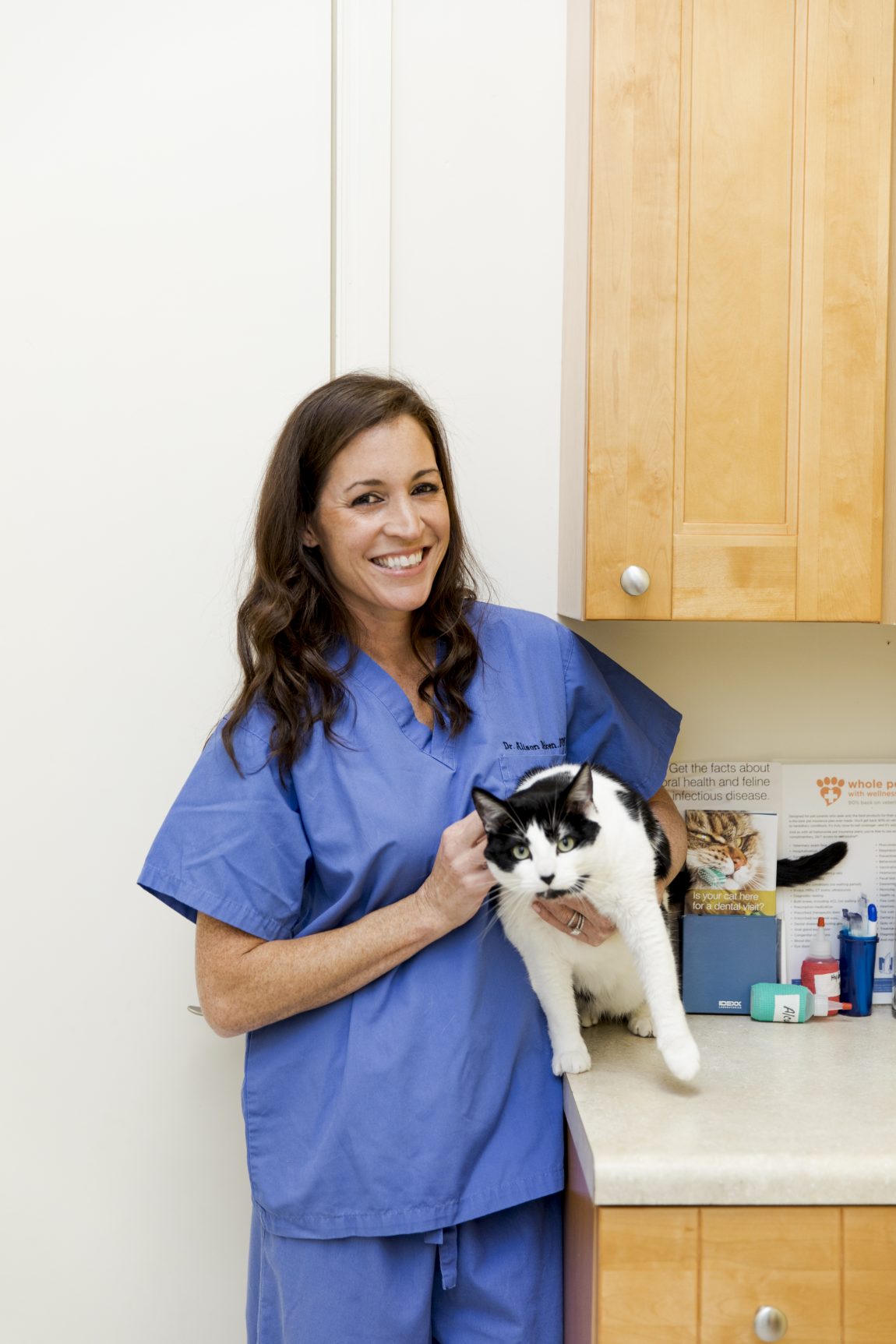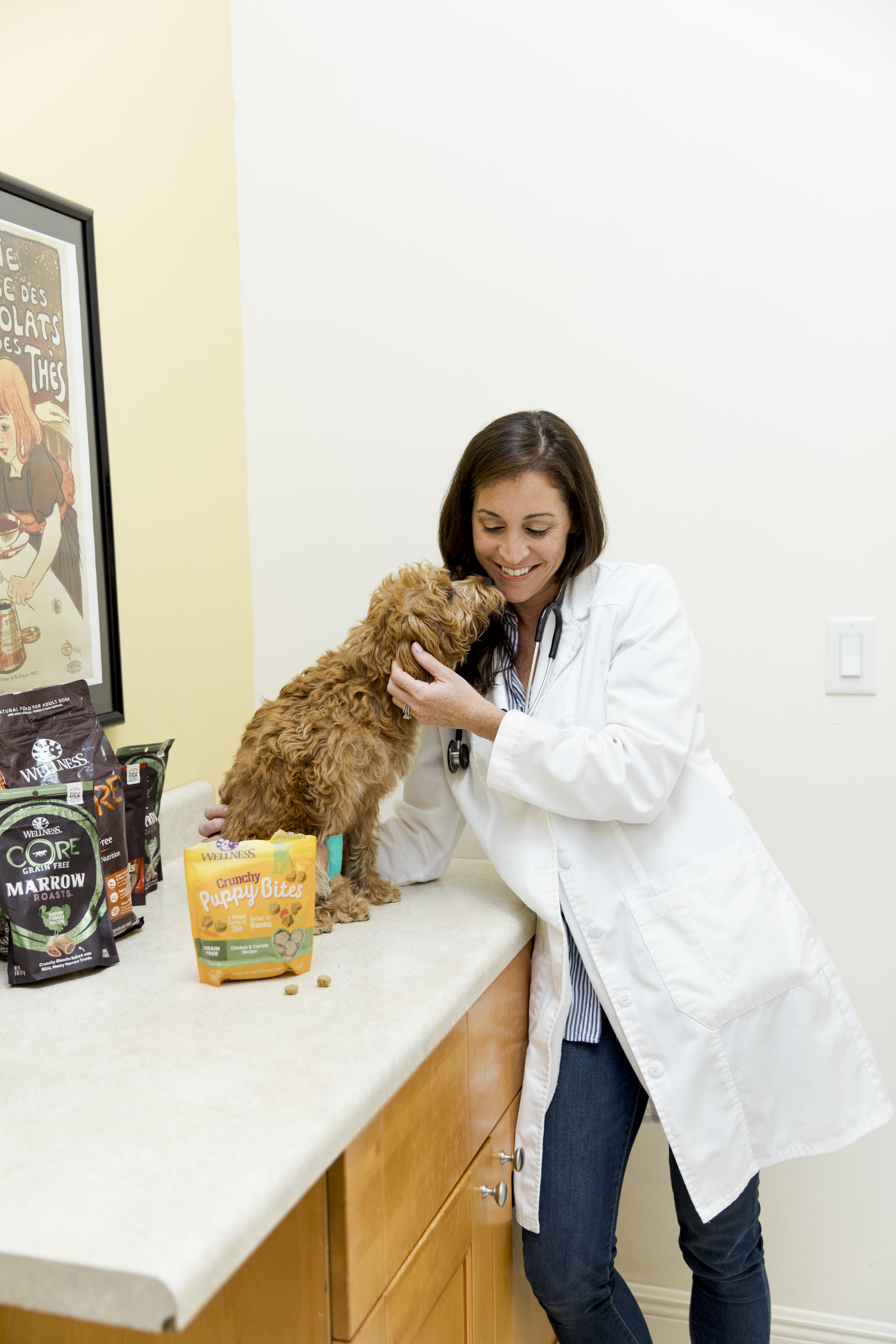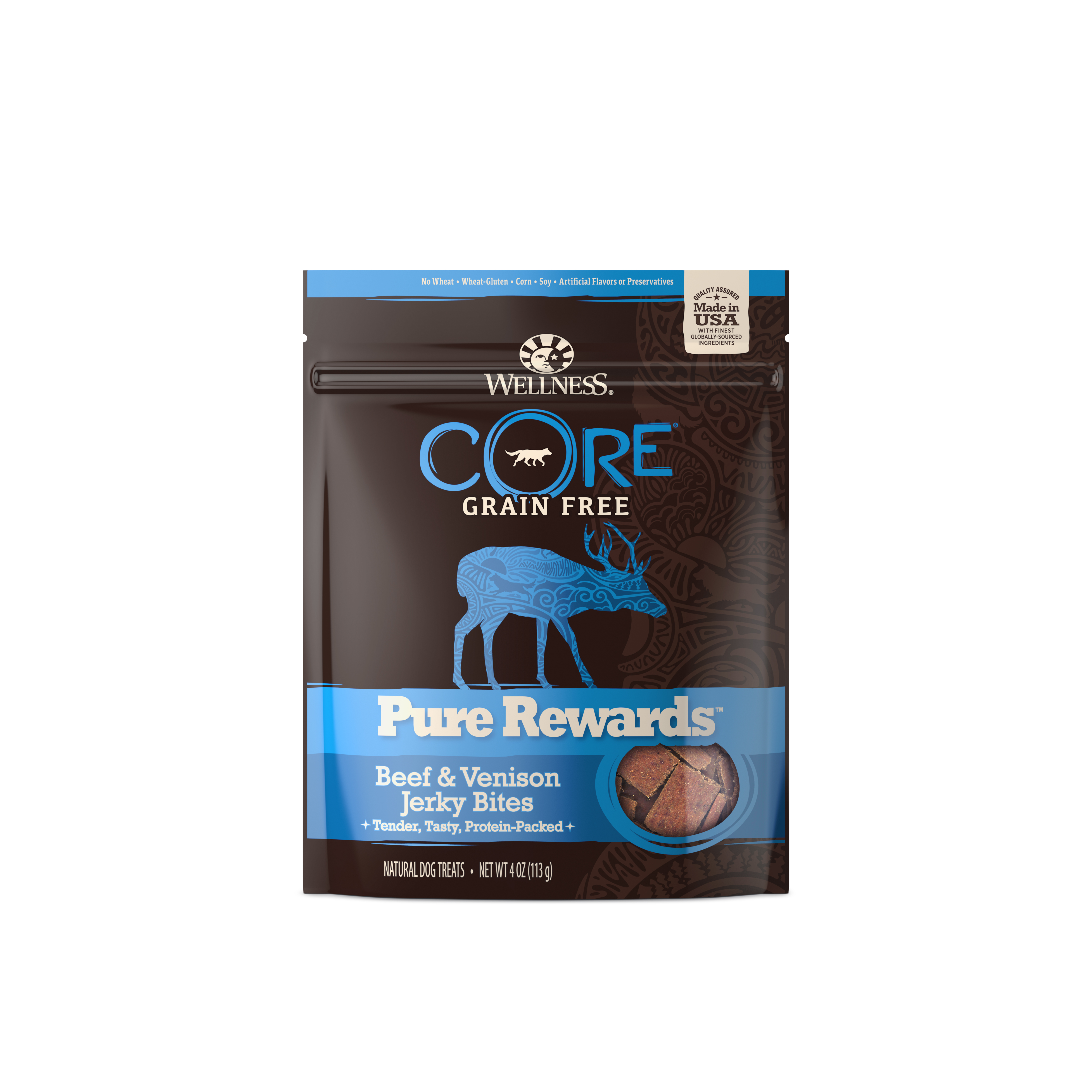
A Veterinarian’s Tips On Keeping Your Pet Safe And Healthy This Spring
As much as we all love the allure and magic of the holiday season, we don’t always enjoy the cold weather and staying indoors…especially our furry friends. As spring approaches and we all look forward to wonderful warmer weather, open grass fields, trips to the park, and long blissful walks and runs, we veterinarians prepare for some other, not so wonderful spring hazards. As a small animal veterinarian, I see an influx of itching pets, fleas, ticks, and certain seasonal poisons during the spring season. Let’s take a moment to discuss how to prepare your pet for spring and what to do to keep your pets safe and healthy during the perfect weather spring season.
Tips on Keeping Your Pet Safe And Healthy In the Spring
Allergies
Just like us, spring is the time of year for allergies. I see many itching dogs and cats this time of year. Pets suffer from skin breakouts and itching when they have allergies to different natural factors such as pollens, grasses, and plants. There are so many great treatment options we have for our suffering pets. Speak with your veterinarian regarding which prevention is best for your pet.
Easter Treats and Decorations
Did you know that Easter lilies (lilium longiflorum) are toxic for our pets? These beautiful and common household plants can cause toxicity and illness in our pets. Please make sure to keep them well out of reach of your pets. Chocolate is common this time of year, especially during the Easter holiday. If your pet has ingested chocolate or lilies, please contact your veterinarian immediately for treatment.
Ticks and Fleas
Just like us, ticks and fleas love the warm weather. Fleas not only cause itching and secondary skin infections, but they also transmit tapeworms, a gastrointestinal parasite. Ticks can spread several different diseases that affect both pets and people. Monthly tick and flea prevention is imperative to prevent disease and keep our pets safe. Speak with your veterinarian regarding which prevention is best for your pet.
Bufo Toads
This is for all my Florida pet parents. Unfortunately, spring and summer bring the Bufo toads. As a small animal veterinarian working in South Florida, I see many Bufo toad toxicities, which can be very scary. These toads excrete poison onto their skin. Our pets are poisoned when they lick or eat the Bufo toad. This toad is very dangerous and if enough poison is ingested, Bufo toad toxicity can be fatal. Contact your veterinarian immediately if you suspect your pet had an encounter with a Bufo toad. Early treatment is extremely important and can be lifesaving.
Snakes
With the warm weather, our pets are outdoors more and so are the snakes. Dogs tend to be sniffing in bushes or on the ground where snakes are hiding. Please be aware of what type of snakes, especially the venomous snakes, are common to your area and remain on the lookout. A venomous snake bite is a life-threatening emergency that needs to be seen by your veterinarian immediately.
Heartworm
Heartworm disease is transmitted by mosquitoes which breed and flourish during the warmer times of the year. Heartworm disease is a serious and sometimes fatal disease that primarily affects the heart and lungs, but can also affect the liver, kidney, eyes, and central nervous system. The treatment is costly and strenuous on our pets. Monthly heartworm prevention is safe for our pets and is important to prevent disease and keep them safe. Speak with your veterinarian regarding which prevention is best for your pet.
Fertilizers and Mulch
Spring is wonderful for gardening and being outdoors. I always advise my pet parents to be conscientious of the fertilizers they are using when gardening. Most fertilizers contain a wide assortment of potentially toxic substances including iron and nitrogen. Fertilizers may also have pesticides, fungicides, or herbicides. Please inquire about the fertilizers you use and whether they are poisonous for your pets.
Antifreeze
Antifreeze is a coolant used to prevent car engines from overheating. It has a sweet smell and taste, and our pets love to lick it. Antifreeze is dangerous if ingested and is one of the most common forms of poisoning in pets. Make sure to keep antifreeze well out of the reach of your pet. If he or she does ingest some, contact your veterinarian immediately. Early treatment is extremely important and can save your pet’s life.
Thawing Ponds
As the ice begins to thaw in lakes, rivers, and ponds, the water is not going to be obvious to your pets that spent the winter months walking over it. Please make sure to keep your pets on a leash while walking them outside near thawing bodies of water.
Enjoying the Good Old Outdoors
Everyone loves longer walks, trips to the park, and car rides during the warmer time of year. Being outdoors means more of a chance of your pet wondering off. I always recommend having your pet microchipped for identification, which is registered with your home address, cell phone and any other relevant contact information. I have returned so many lost pets with microchips to their loving homes.
*Helpful Tips For Keeping Your Pets Safe During the Spring and all Year Round
During the spring time in addition to the toxins that are more readily accessible like lilies and antifreeze, pets are outdoors more exploring and getting into everything. I always tell my clients to:
- Bring treats for your pet when you go outside. If they are focused on your yummy treats and being praised, they will be less likely to get into trouble and possibly avoiding potential hazards like antifreeze. I absolutely love and trust Wellness CORE food and treats and it is what I feed my own dog. They carry a variety of yummy flavors of treats to chose from. Wellness CORE contains all the highest quality ingredients, added supplements (omega 3 fatty acids, and glucosamine), and higher protein for lean body mass and muscle tone.
- Try and avoid lilies as a decorations and keep the chocolate safely put away
- If you are having an Easter egg hunt, try and keep your pet in a separate, isolated area to ensure they do not eat the chocolate eggs.
- Visit your veterinarian and stock up on monthly parasite preventatives to ensure they remain free of parasites.
- Be cautious when letting your pet run lose outdoors. Scour the area for potential toxins and poisonous plants ahead of time.
I hope this helps all my pet parents out there be more aware of all the possible springtime pet hazards. So please get out there with your pets and enjoy the beautiful weather with safety and caution. My goal is to always keep our pets safe and healthy. As much as I love seeing them walk in through my animal hospital doors, I prefer to help avoid “sick” trips to the veterinarian! If you have any questions or concerns, you should always visit or call your veterinarian. They are your best resource to ensure the health and well-being of your pets.



